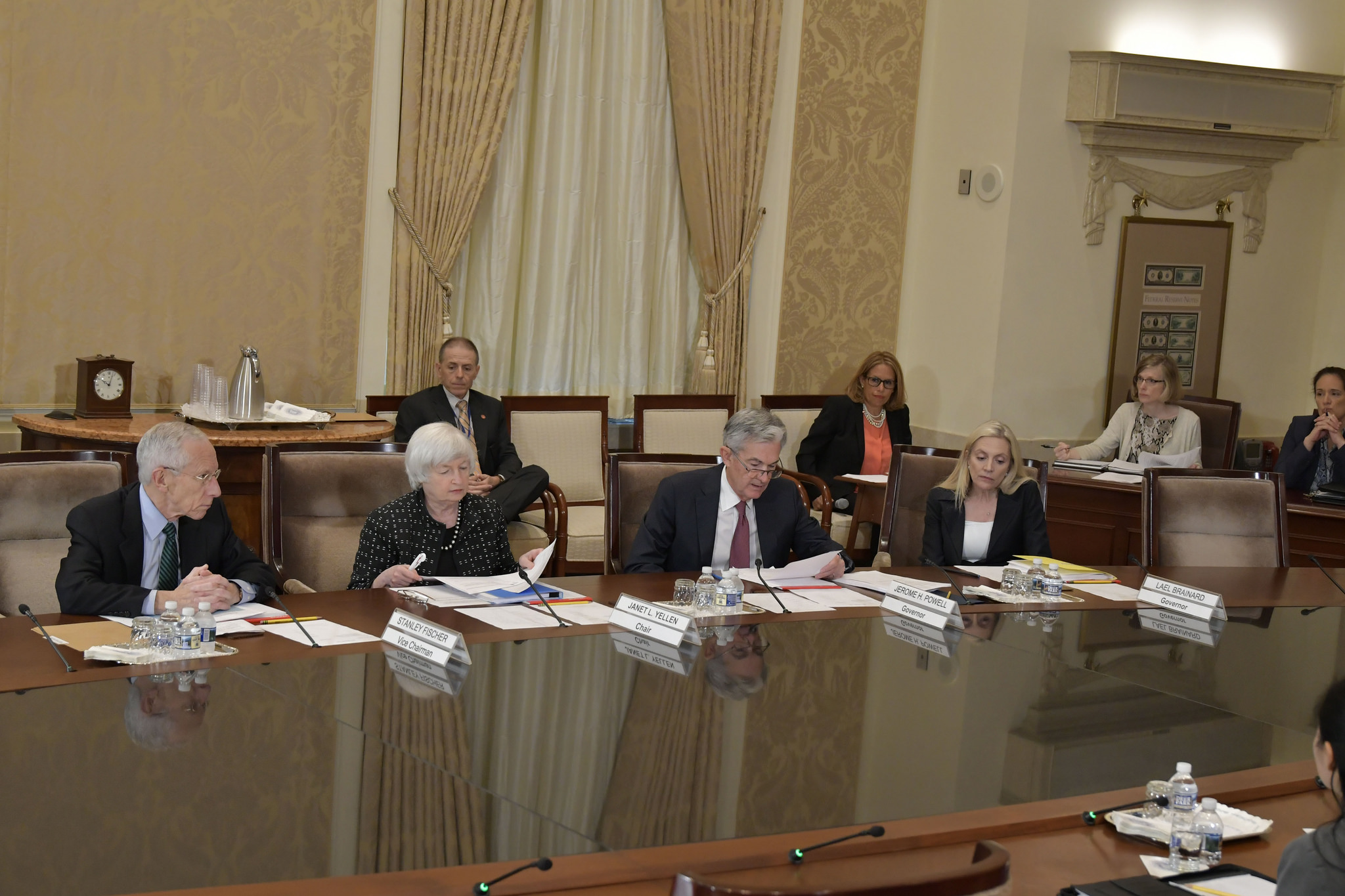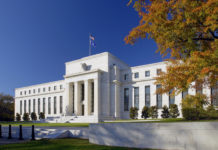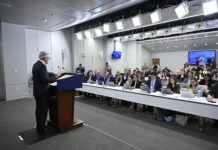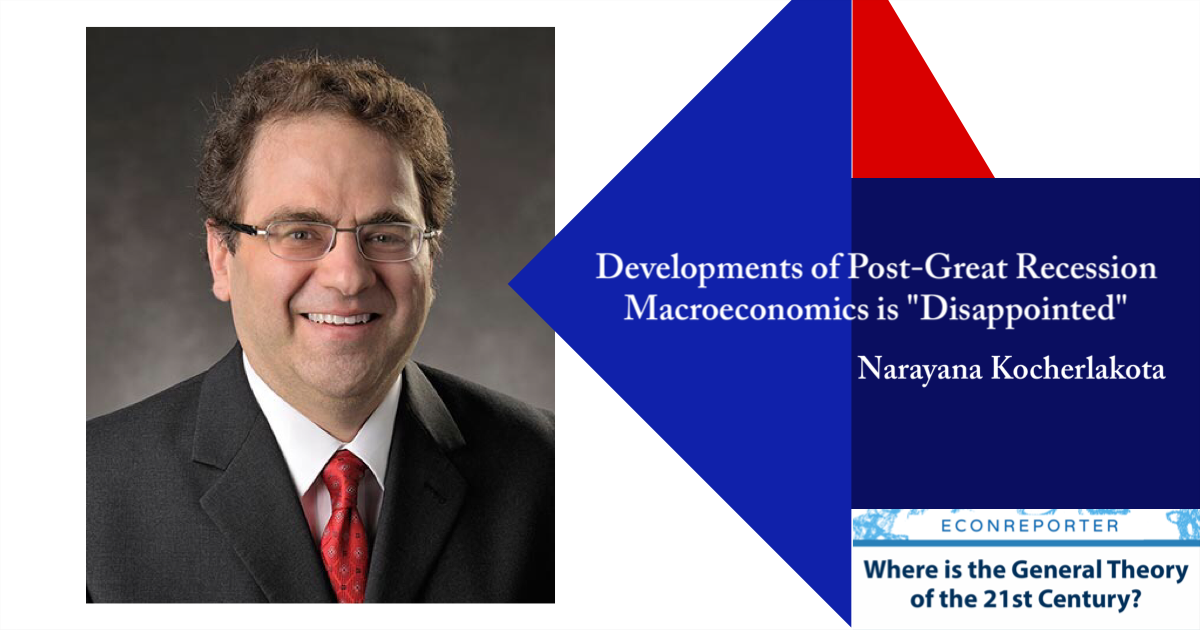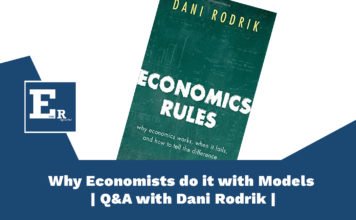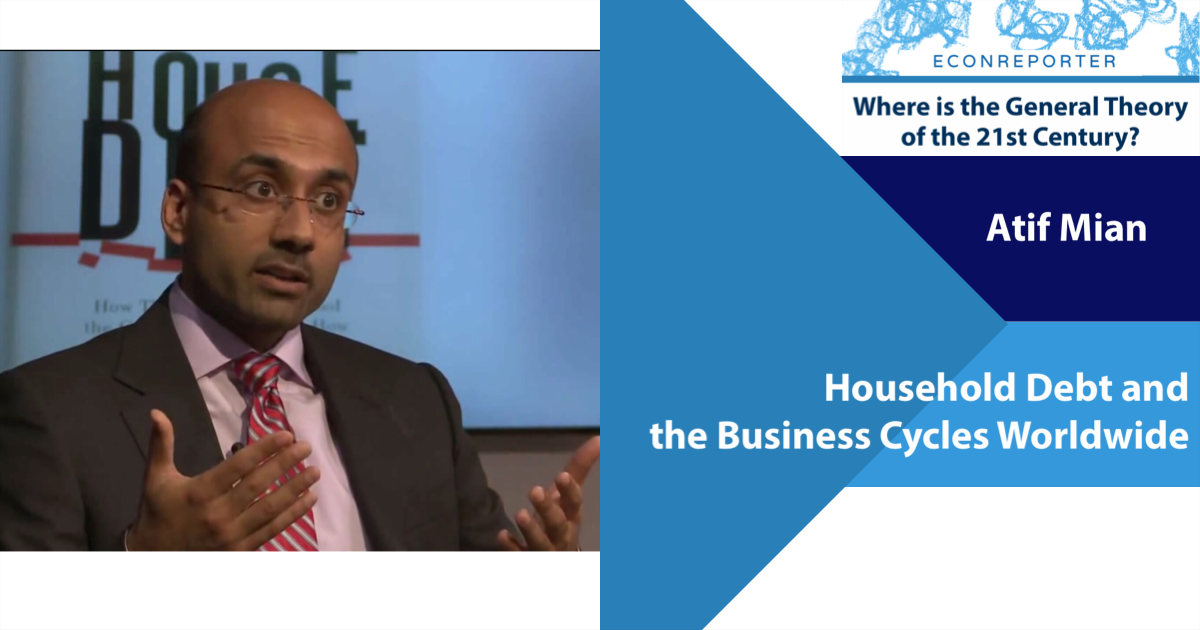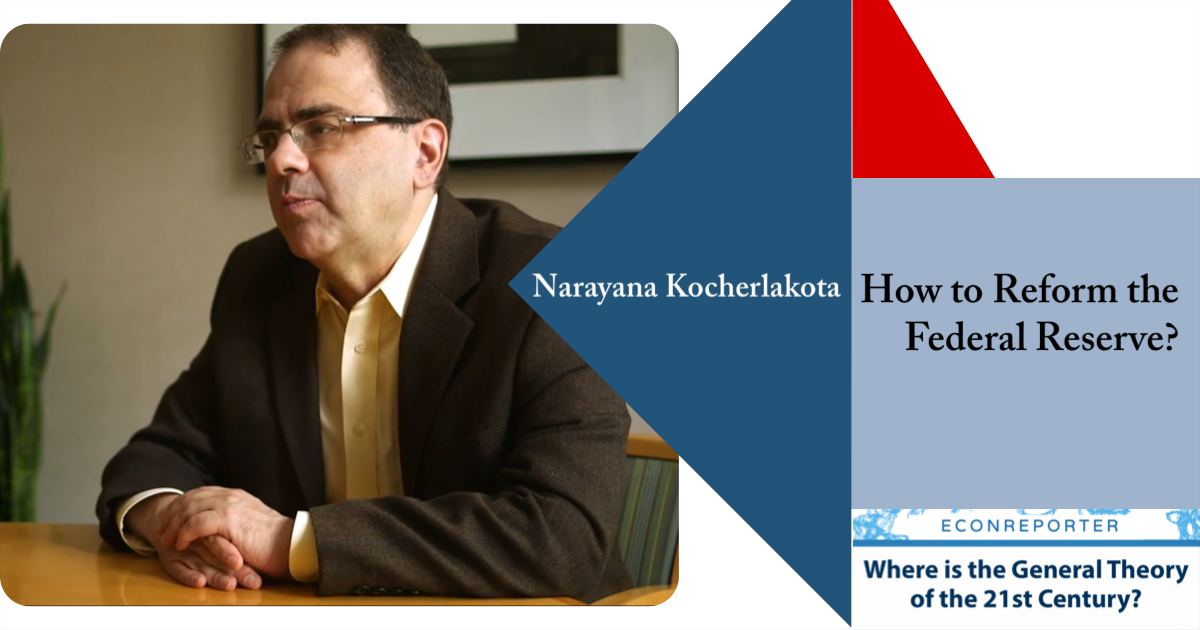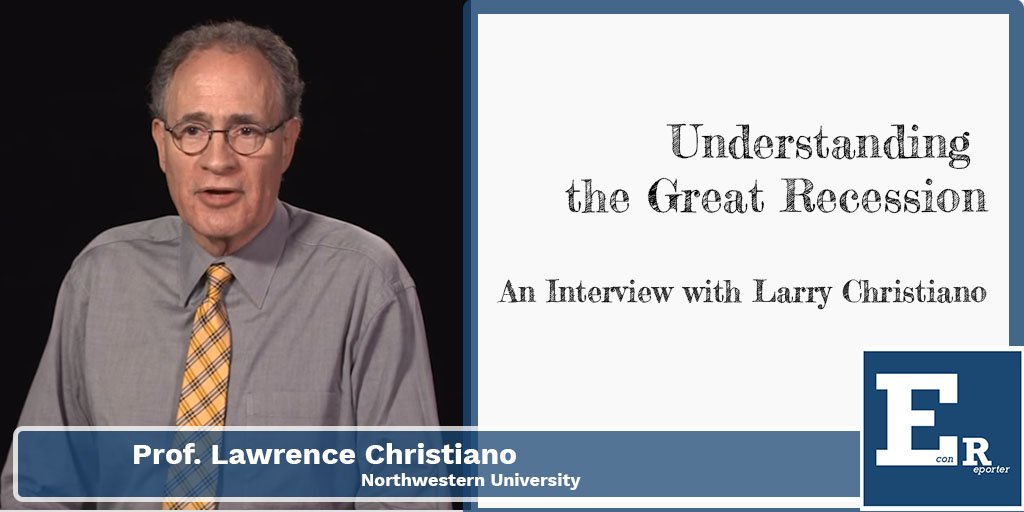When President Trump decided to nominate Jay Powell instead of Janet Yellen to be the next Federal Reserve Chair, my mind was full of interesting questions on how this decision impacts the institution of the Fed. In my opinion, one of the best experts to answer my question would be Peter Conti-Brown, assistant professor at The Wharton School of the University of Pennsylvania and author of one of the best book about the institution of Fed — “The Power and Independence of the Federal Reserve“.
It is very lucky for us to be able to have a short interview with Prof. Conti Brown in early November. Below are the conversation we have had, on what Powell’s nomination means to the Fed independence and why Yellen should have stay as governor after his Chair term ended.
(Though Yellen has announced her intention to leave if Powell is confirmed as Chair, after I have this interview with Prof. Conti-Brown)
Q: Yellen is the first since William Miller who hasn’t got a second term and the only one to not gain reappointment at the conclusion of a four-year term, as you mentioned in your article “The Federal Reserve Circus: What Did We Win, What Did We Lose“. In your book “The Power and Independence of the Federal Reserve“, you have mentioned a theory that the longevity of the Chair’s term is the source of independence of the Fed. Can you briefly explain this perspective? More importantly, does the decision taken by Donald Trump hampered then independence of the Fed?
Conti-Brown: The idea is that a Fed Chair who serves under presidents from different parties becomes less associated with one party over another. Bernanke was a Republican, but he became more closely associated with Obama; Greenspan also a Republican, but no one doubted his policy proximity to the Clinton Administration.
With Yellen failing to get reappointment, Powell is now seen as Trump’s Chair. This will make it harder for him to be perceived as having the necessary separation from the President, but will also make it harder for a subsequent Democrat to reappoint him.
Q: On a broader level, does the case of Yellen proved that the independence of the Fed is just a “house of cards” that relied on nothing but a political “tradition”? Does it mean that the Congress should consider reforming the constitution of the Fed’s Board of Governors, for example, changing how to handle the remaining term of the governors if they leave before it ended?
Conti-Brown: As I write in my book, Fed independence is about relationships and relationships change over time. What we see is how much law and tradition intersect here to create different kinds of relationships.
For example, it’s a legal requirement for the president to reappoint the Fed Chair every four years. Without that law, we wouldn’t have this debate. But without the tradition of cross-partisan reappointment, the Fed can’t have as much political insulation.
I think it would be very valuable to make changes to the Board of Governors to make it so that every Governor receives a long-term of ten years, not fourteen, with no chance of serving the balance of a predecessor. I also think Governors should be paid more and have their own staff resources.
Q: Can you explain a bit about the quorum problem facing the Fed’s Board if Trump doesn’t nominate any other governors and Yellen decided not to stay in the Fed? How ill-functional can a 3-member Board of Governors be? If there are any emergency arrangement, the Fed can use to ease the problem?
(Editor note: President Trump has just nominated Marvin Goodfriend as Fed Governor. If he is confirmed by the Senate and Yellen leaves the Board of Governors, assuming other things being unchanged, it will be a 4-member Board of Governors.)
Conti-Brown: For the Federal Open Market Committee, a quorum is reached by seven members, one of whom must be a Federal Reserve Bank president. But the Fed’s vacancy crisis means that FOMC meetings will have quorum even though the Board of Governors is outnumbered. This is a problem for public accountability, given that the Reserve Banks aren’t appointed in a way that permits public participation.
For the Board of Governors, quorum is met when a majority of the Board is together. When fully staffed, this means four (though, for emergency lending, it means five). But for three Governors? That means two governors cannot meet–even for lunch–without commanding a quorum. This will grind the work of the Fed to a halt, because all of the Fed’s work is done via subcommittee.
Q: Assuming Trump can’t fill more nomination on the Board before Feb 2018, do you think Yellen should stay in the Fed as a Governor? What is the benefit to the Fed if she decided to stay?
(Editor note: as mentioned, Yellen has expressed her intention to leave.)
Conti-Brown: Yes, definitely. Yellen has a trove of knowledge about the Fed and the economy. It would be a massive loss of institutional knowledge if she were to depart. Given the leadership turmoil we are seeing at the Fed, this would be a very problematic loss.
Q: How relevant is the case of Marriner Eccles, who stayed a Fed Governor after his term as the chair ended and was not nominated again by the President, to the discussion we are having now? Do you think Marriner Eccles’s case can give Yellen any useful reference for what she should do next?
Conti-Brown: Yes, I do. Eccles helped the Fed enormously during 1948 – 1951.
>>> You can follow EconReporter via Bluesky or Google News


